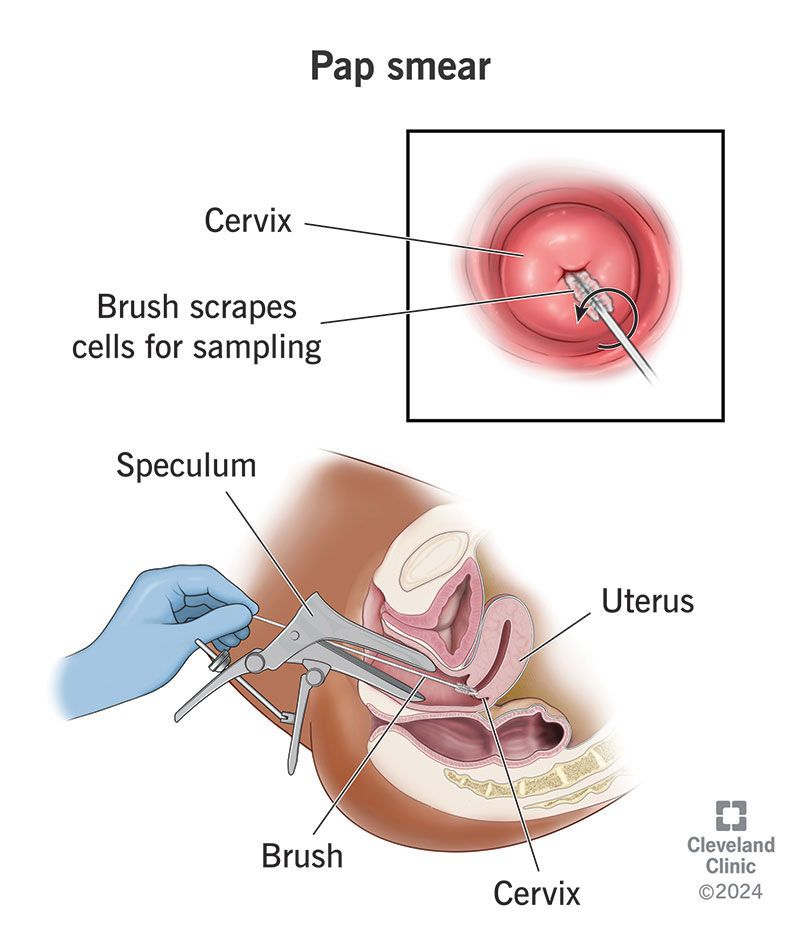When it comes to women’s health, getting regular pap smears is crucial for early detection of cervical cancer. But how often should you actually be getting one? Let’s take a closer look at the recommended guidelines and why staying on top of your pap smears is so important.
What is a Pap Smear?
A pap smear, also known as a pap test, is a screening procedure used to detect any abnormal cells on the cervix that could potentially develop into cervical cancer. During a pap smear, a healthcare provider will collect cells from the cervix and send them to a lab to be analyzed.
Who Should Get a Pap Smear?
It is recommended that women start getting pap smears around the age of 21, regardless of their sexual activity. Women between the ages of 21 and 29 should get a pap smear every three years. If the results are normal, they can continue with this schedule.
For women between the ages of 30 and 65, they have a few options. They can continue getting a pap smear every three years or opt for a combination pap smear and HPV test every five years. This is known as co-testing and is considered more accurate in detecting abnormalities.
Why are Pap Smears Important?
Pap smears are essential for early detection of cervical cancer, which is highly curable when caught in its early stages. By getting regular pap smears, you can catch any abnormalities before they have a chance to develop into cancer.
In addition to detecting cervical cancer, pap smears can also detect other conditions such as HPV infections, inflammation, or precancerous cells. Early detection of these conditions can lead to timely treatment and prevent further complications.
What Happens During a Pap Smear?
During a pap smear, you will lie down on an exam table while your healthcare provider inserts a speculum into your vagina to get a clear view of your cervix. They will then use a small brush or spatula to collect cells from the cervix, which are then sent to a lab for analysis.
The procedure may cause some discomfort, but it should not be painful. If you experience any pain during the pap smear, be sure to communicate with your healthcare provider so they can make adjustments as needed.
When Should You Talk to Your Healthcare Provider?
If you have any concerns about your reproductive health or are experiencing symptoms such as abnormal bleeding or pelvic pain, it’s important to talk to your healthcare provider right away. They can determine if a pap smear is necessary or if further testing is needed.
Remember, pap smears are a vital component of women’s healthcare and can save lives by detecting cervical cancer early. By following the recommended guidelines and staying on top of your screening schedule, you can ensure your reproductive health is in check.
Don’t wait until it’s too late – schedule your pap smear today and take control of your health.
